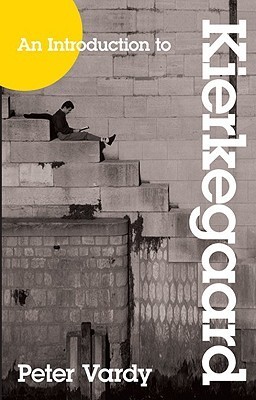What do you think?
Rate this book


109 pages, Paperback
First published September 28, 1997
"Christopher Columbus believed in the world being round and staked his life on it when he attempted to sail round a world which others considered to be flat."
"Columbus’ whole life was affected by his belief that the world was round and Kierkegaard’s point is that faith should have a similar, subjective impact."
"In the film Indiana Jones and the Last Crusade ... He cannot test whether the bridge is there or not – he has to stake his whole life on his belief that the bridge exists though there is no guarantee that it does."
"Kierkegaard wishes to bring people to be silent, to cease to take refuge in language and instead to consider who they are before God."
"Kierkegaard’s point is that the nature of Christian truth is such that unless we relate ourselves to it subjectively, we cannot ‘know’ it. One cannot be ‘told’; one has to come to ‘see’ for oneself."
"In the film The Truman Show ... For all we know, any one of us could be living like Truman – either we are or we are not – and we cannot prove that we are not.".